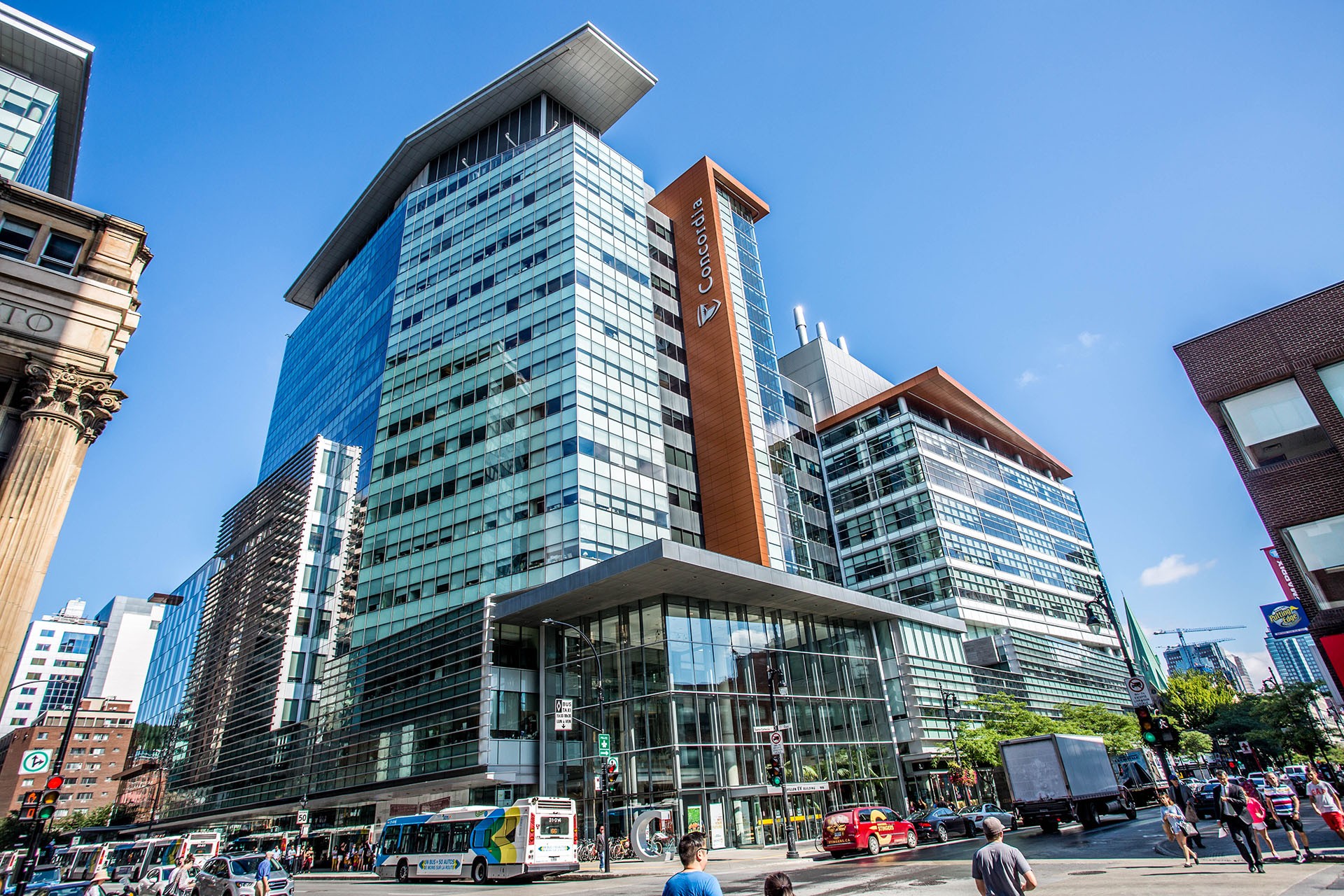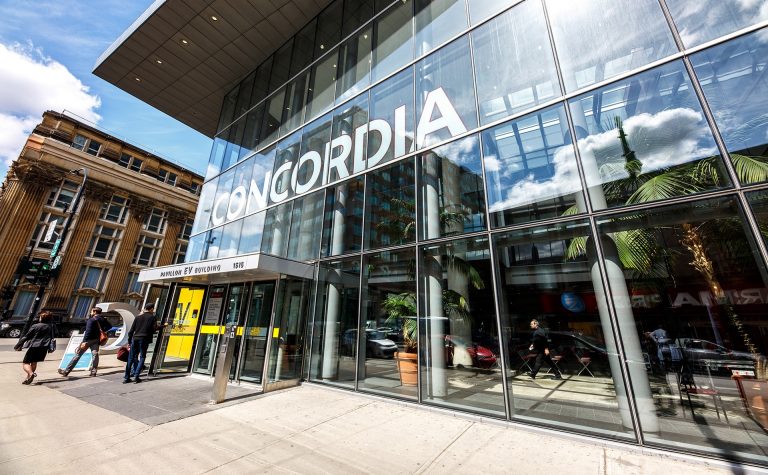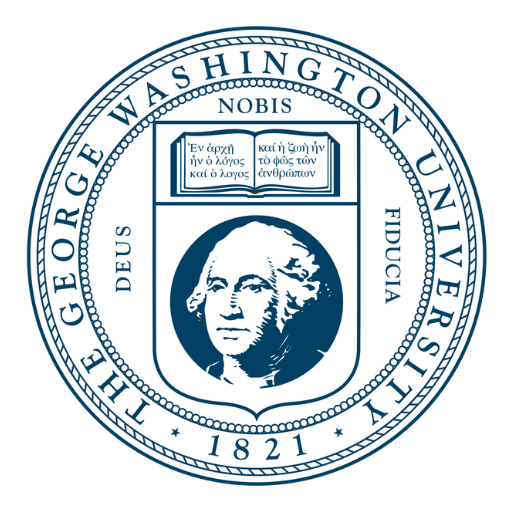The MSc program in Geography, Urban and Environmental Studies at Concordia University focuses on the interdisciplinary study of the relationships between humans and their environments, with an emphasis on urban and environmental issues. The program aims to equip students with advanced knowledge and research skills to address complex challenges in geography, urban planning, and environmental studies.
Here is a general outline of the program's curriculum:
Core Courses: The MSc program typically includes a set of core courses that provide a foundation in geography, urban studies, and environmental studies. These courses may cover topics such as geographic research methods, urban planning theory, environmental policy, sustainability, and spatial analysis.
Elective Courses: Students have the opportunity to choose elective courses based on their specific interests and research focus. These courses may cover various areas within geography, urban studies, and environmental studies, such as urban design, transportation planning, climate change, social and cultural geography, GIS (Geographic Information Systems), and more.
Research Methods and Techniques: The program may include courses that focus on advanced research methods and techniques in geography, urban studies, and environmental studies. These courses help students develop the necessary skills to conduct independent research, including data collection, analysis, and interpretation.
Research Seminars and Workshops: Students may participate in research seminars and workshops where they engage with faculty and peers to discuss current research topics, present their own research findings, and receive feedback on their work.
Thesis or Research Project: As a culmination of their studies, students are typically required to complete a thesis or research project. This involves conducting original research under the guidance of a faculty supervisor and presenting their findings in a written thesis or project report.
Additionally, the program may provide opportunities for students to engage in fieldwork, internships, or collaborative research projects with community organizations, government agencies, or industry partners. These practical experiences enhance students' understanding of real-world applications and provide networking opportunities.
Show less














